6 fashion brands winning millennials over
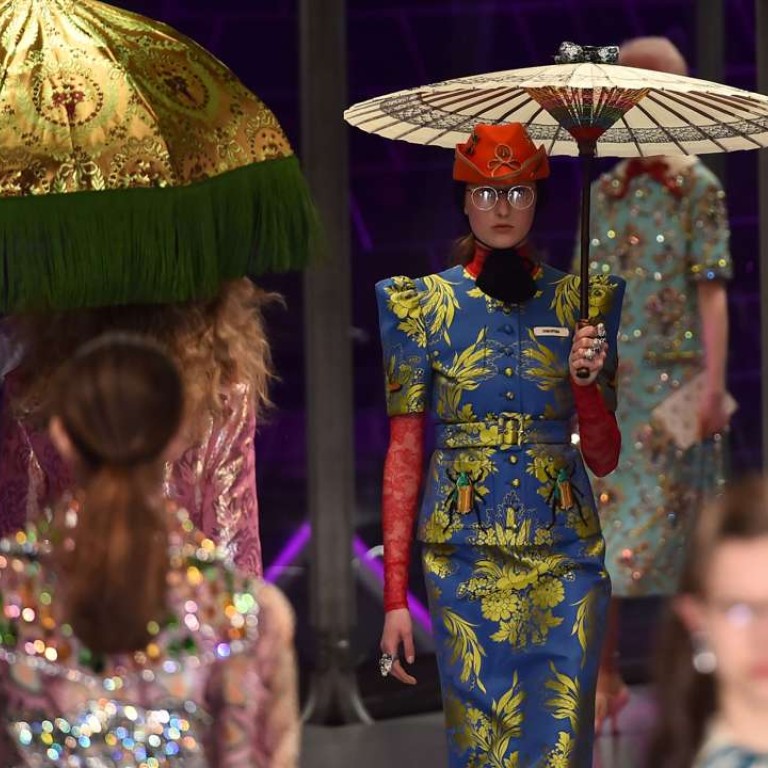
Millennials are non-conforming, media-savvy and the future of luxury consumption – potentially with the most spending power compared to previous generations. High-fashion giants are all frantically trying to tap into the millennial market with star-studded endorsements, subversive designs, as well as out-of-the-box digital narratives. Here are six brands which are at the forefront of the millennial revolution in the fashion industry.
Louis Vuitton
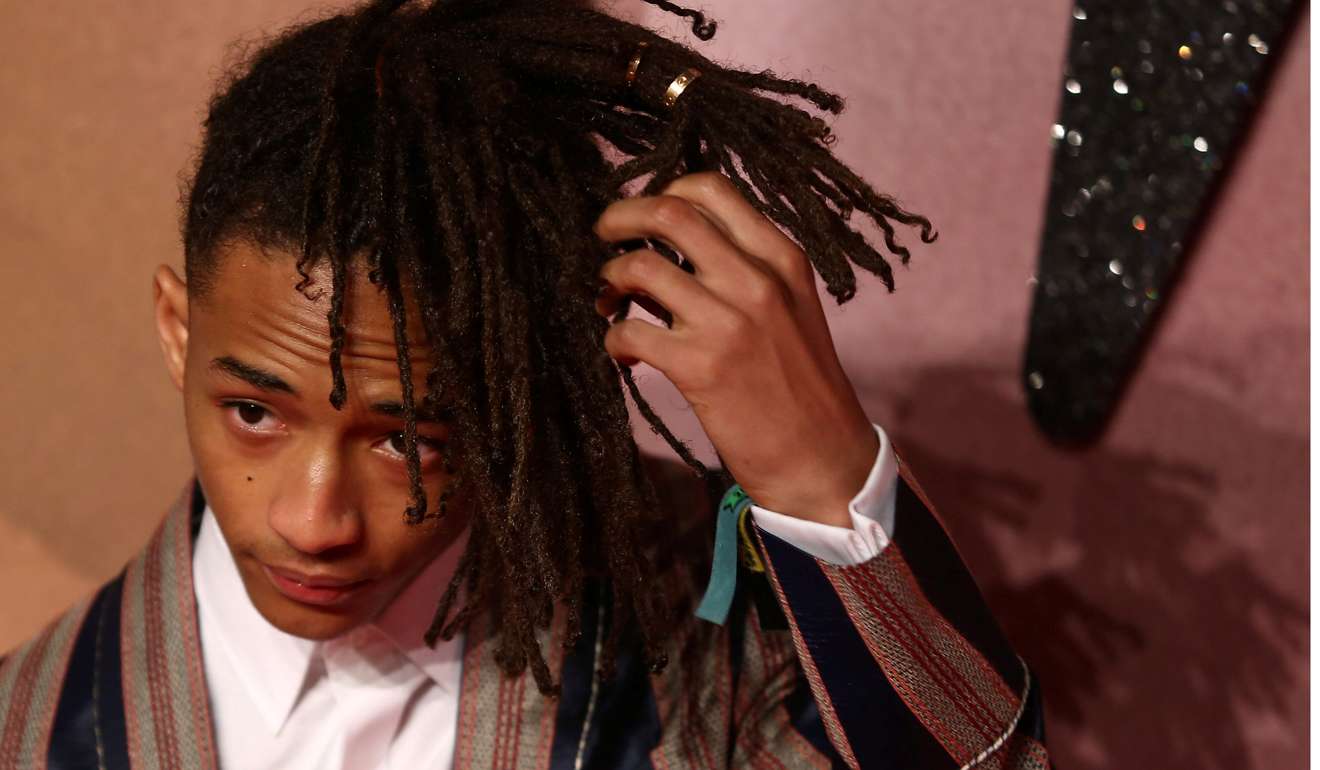
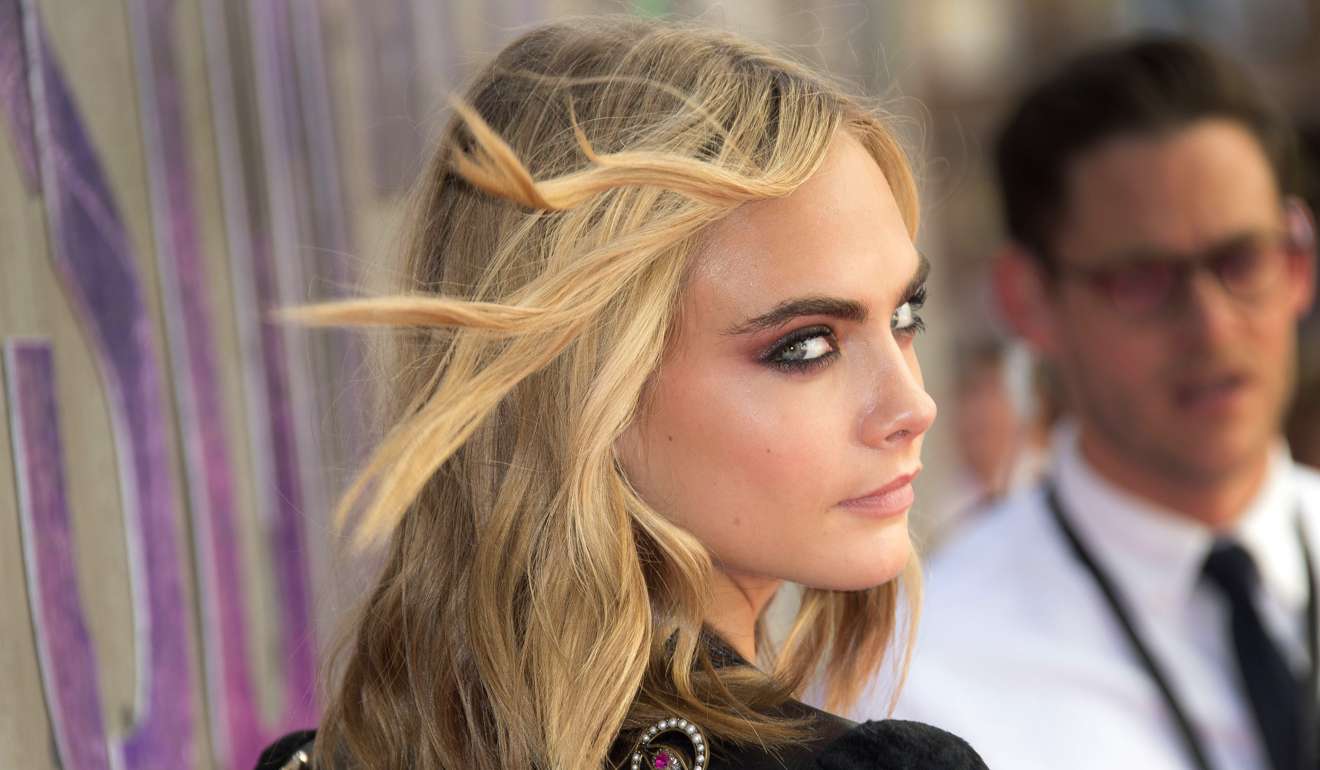
The brand has also wooed the new generation with the employment of Lighting, from the video game Final Fantasy, as a model. Its partnership with streetwear brand Supreme for their latest menswear collection is also a testimony to Louis Vuitton’s continuous effort to get into the millennial market.
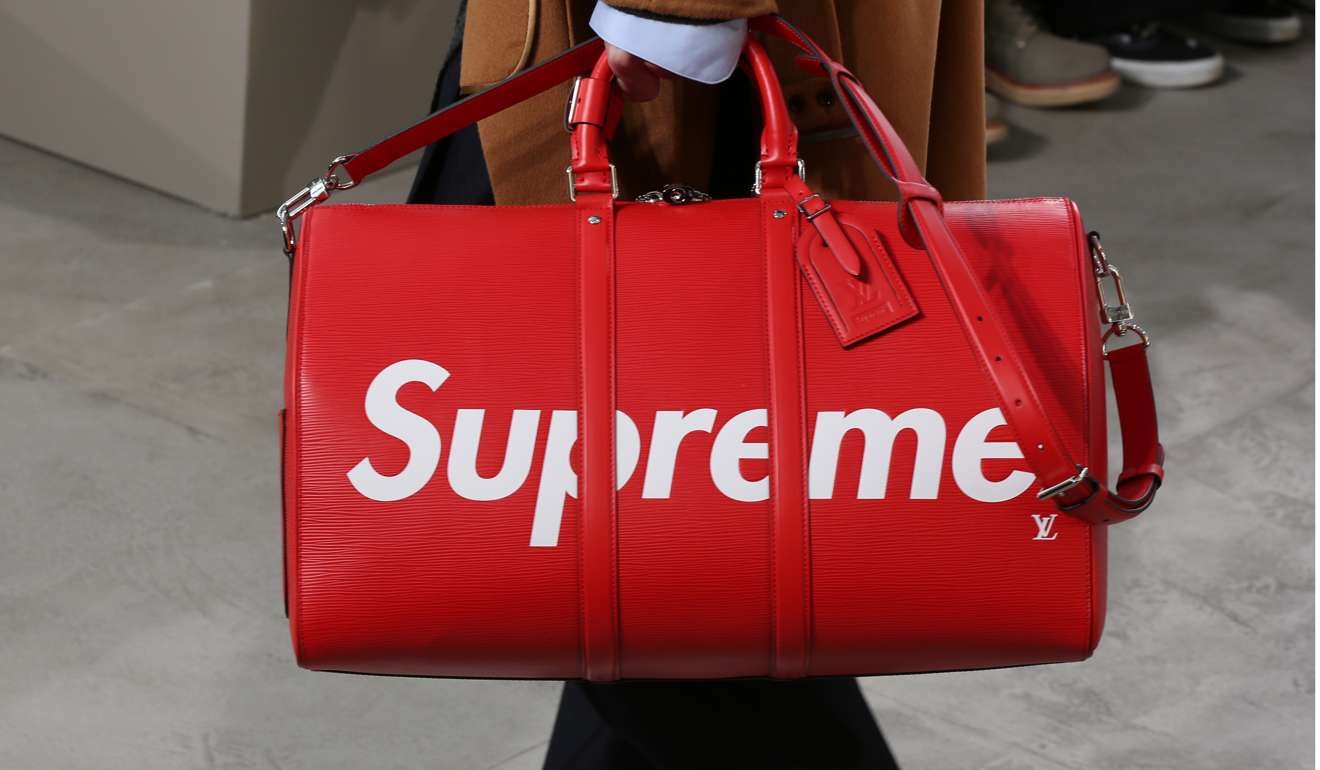
Gucci
Alessandro Michele’s knack for quirky and creative storytelling has allowed Gucci to establish a singular kinship with millennials.
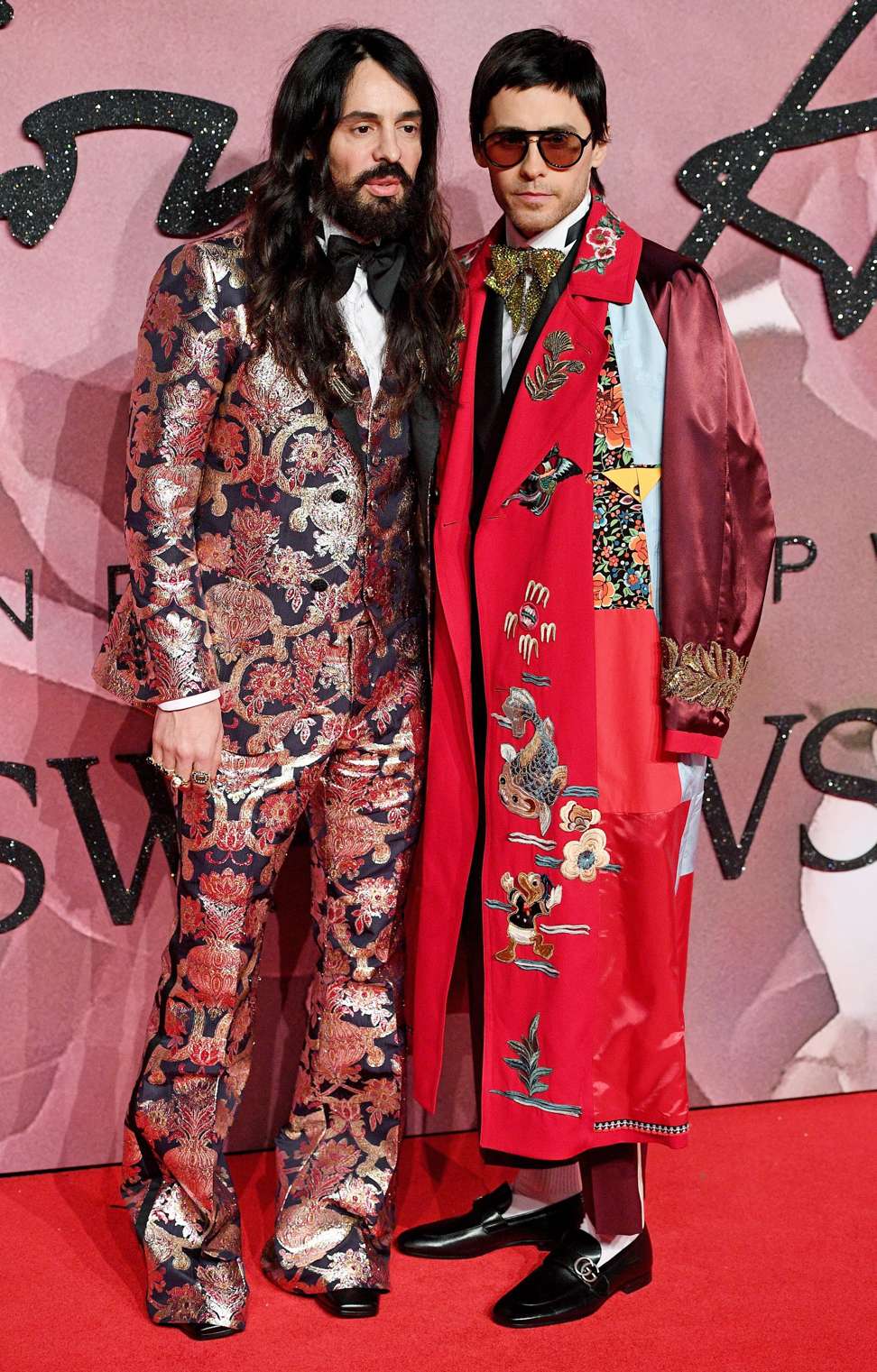
Other than backing each new collection and product with a strong and intriguing narrative, the brand has been using various digital platforms to communicate a unique sense of identity – through captivating visuals. Inspired by its pre-autumn the fashion house partnered with Condé Nastto create a four-part video series that presents a reinterpretation of a Greek classic love story with great pictorial and emotional opulence.
Gucci’s Instagram content is also among the most-discussed topics on the internet. For instance, the brand recently created a series of #TFWGucci memes to launch the new Le Marché des Merveilles watch collection.
As a luxury brand, this idea may be boundary-crossing, but it definitely helped to bring the brand closer to millennials.
Vetements
Away from the formalism of high-street fashion, Vetements is characterised by its non-conforming and almost rebellious designs. The jagged hems, oversized cuts and unisex silhouettes all speak directly to the new generation who embrace confrontational and anti-fashion styling motifs.
At 2017 Paris Couture Week, the brand debuted a collection of 54 mens and womenswear looks consisting of collaborations with 18 partners, including Brioni, Reebok, Levi’s, Dr. Martens and Juicy Couture.
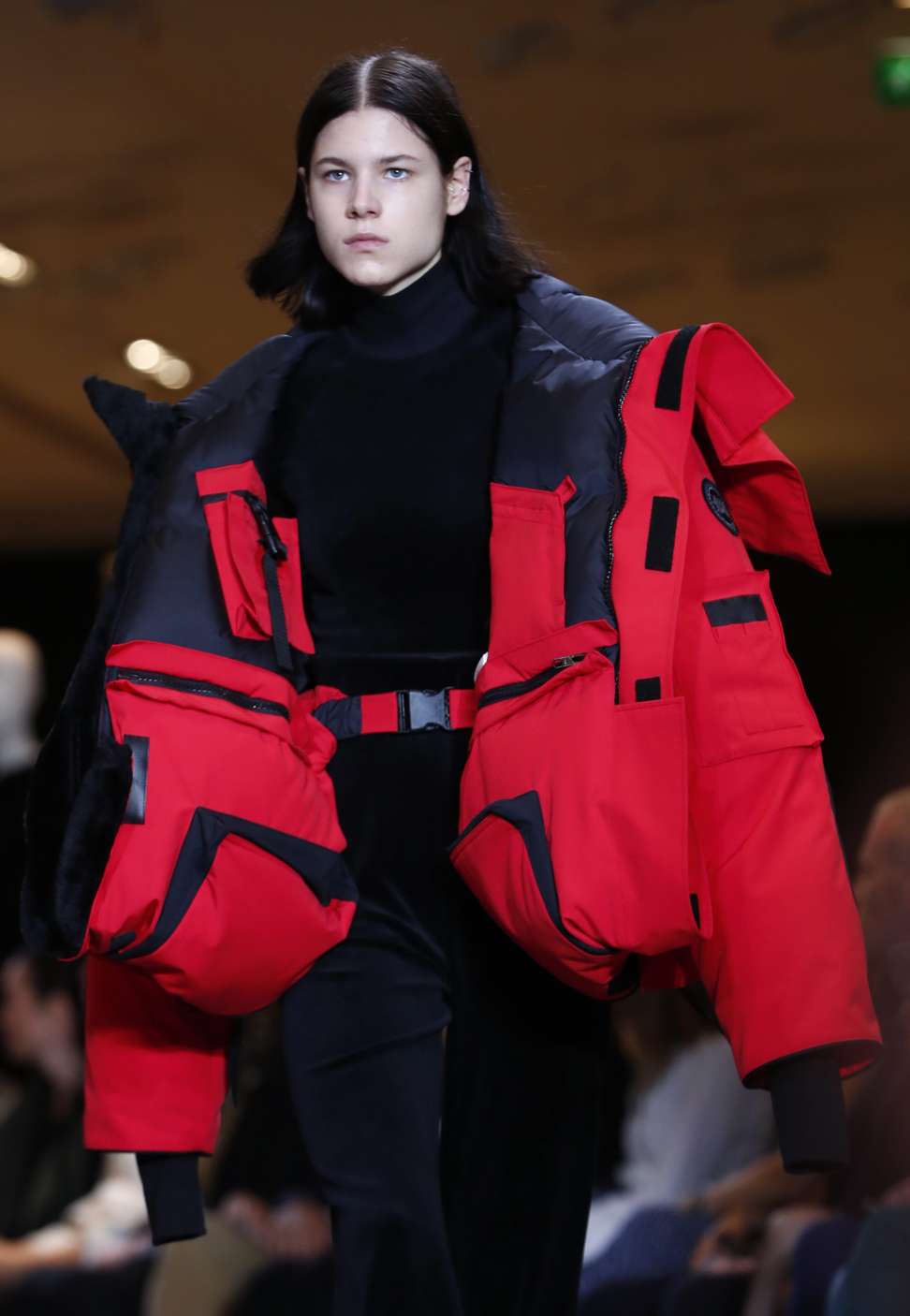
It showcases Vetements’ high level of adaptability and unique market position.
Yeezy by Kanye West
The Adidas-backed shoe line by designer-cum-rapper Kanye West is reportedly the most influential sneakers of 2016. The covetable footwear has captured the hearts of millennials by being the perfect emblem of the athleisure revolution as well as the symbol of trend-savvy customers. Much of this has to do the brand’s immediate association with Kanye’s persona – cool and arrogant, daring and outspoken. On the other hand, Adidas employed the age-old tactic of limiting supply to fuel the brand’s exclusiveness.
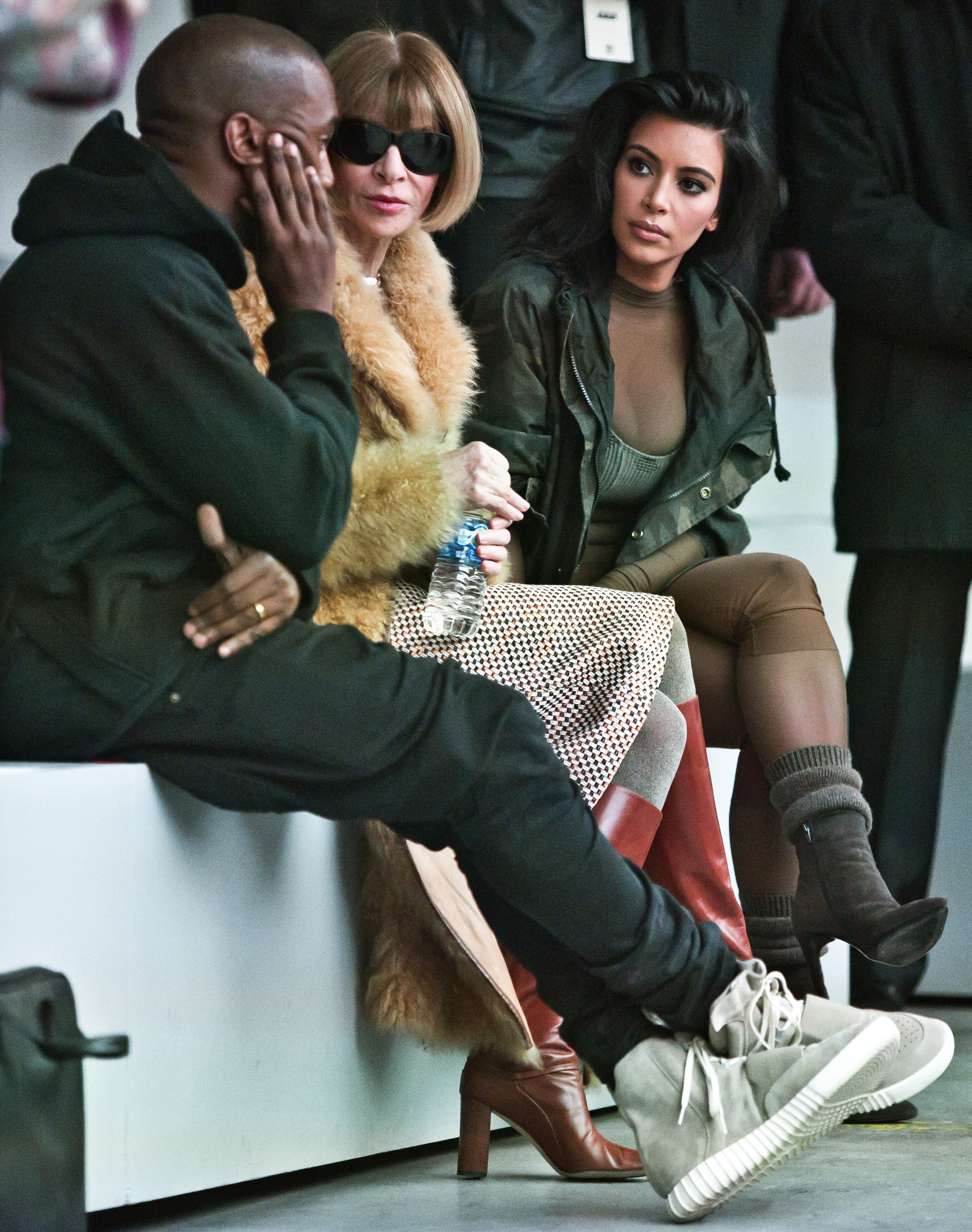
In terms of marketing, Yeezy leverages on Kanye’s powerful influence on social media to target millennial customers. As an appeal to a generation dazed by the pop-culture buzz, Yeezy is forted by strong celebrity endorsement – thanks to Kanye’s marriage with Kim Kardashian – as well as his alliance with some of the most sought-after stars in the industry.
Fenty X Puma
Similar to Yeezy, Fenty X Puma is also speaking to a generation of celebrity-obsessed adolescents. Debuted at autumn 2016 New York Fashion Week, the collection is part of Puma’s plan to revitalise the brand. The design of the collection follows the gothic and coquettish style of Queen Ri, who is both creative director and brand ambassador of Puma.
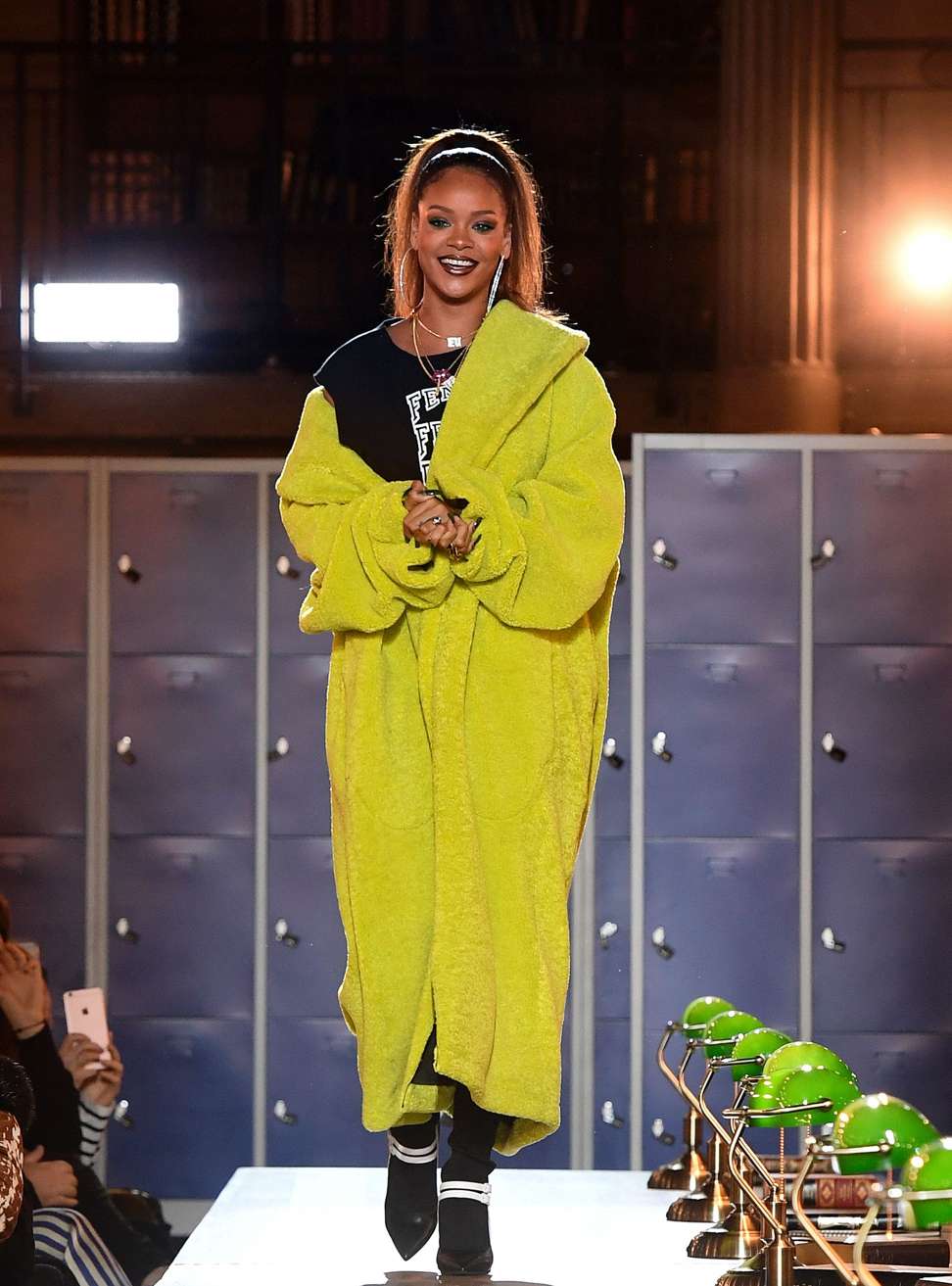
In particular, the velvet creepers and the fur slides were gone in a flash after Rihanna and supermodels, like Gigi Hadid and Cara Delevingne, were seen sporting them.
Off-White
The success of the brand lies in its understanding of millennials’ desire for an experience instead of merely a label. Virgil Abloh, creative director of the brand, was essentially inspired by his background in architecture in carving the brand concept. His value of space is channelled through the interior design of the Hong Kong store. The brand’s unique identity is anchored in the subtle graphic design references in their clothing – something compelling for the aesthetically curious millennials.
In addition, off-white shares a similar cult appeal as other elevated streetwear brands, owing to its mega celebrity following. Celebrities including Beyoncé and Rihanna have all stepped into the spotlight in Off-White.
Want more articles like this? Follow STYLE on Facebook

Louis Vuitton, Gucci, Vetements, Yeezy, Puma and Off-White are resonating with millennials through digital campaigns and social media platforms